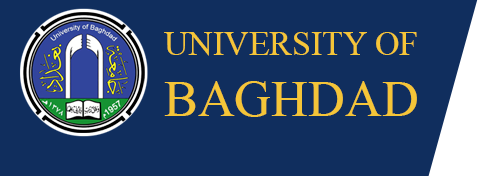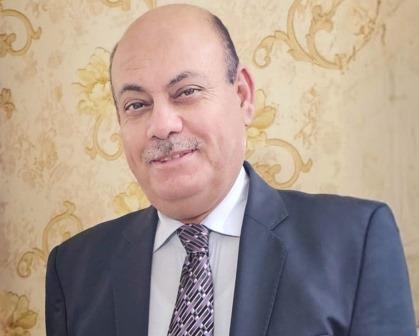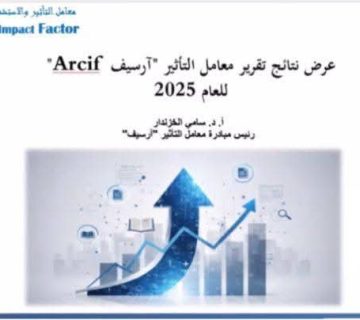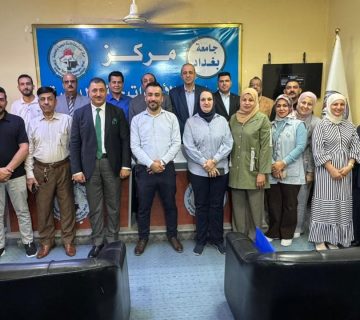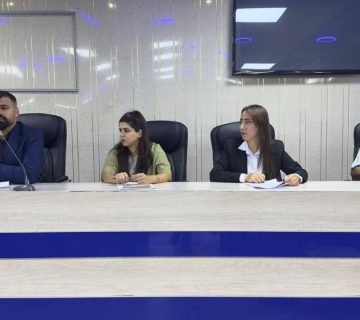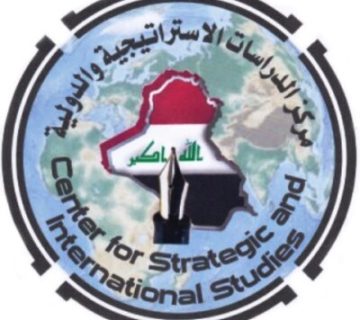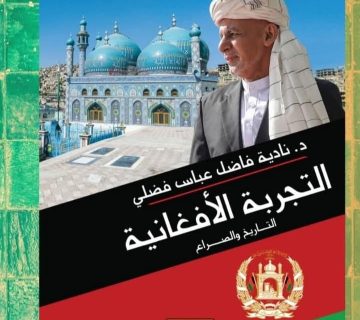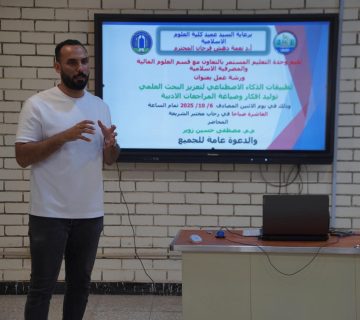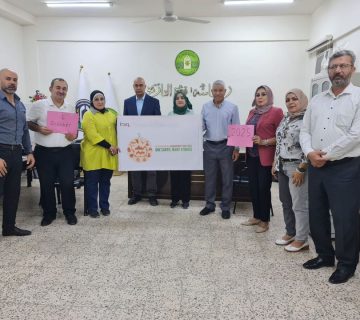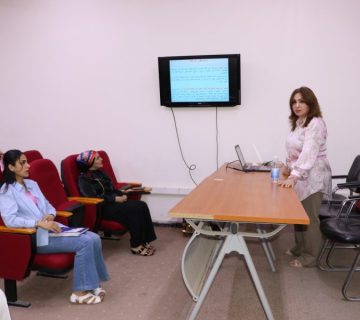Prof. Dr. Yassin Al-Owais, Professor of Islamic Philosophy at the College of Islamic Sciences at the University of Baghdad, participated in the conference of Al-Madar Foundation for Training and Development in its second edition, which was held in Baghdad.
Dr. Alois presented a paper entitled “The Concept of Development and Modernity and the Interdependence between Them” in which he discussed the complex relationship between development and modernity, stressing the importance of understanding this relationship accurately to develop effective strategies for development in the Islamic world.
The research paper dealt with the concept of development from an Islamic perspective, noting that Islam considers development as a religious and moral responsibility and that achieving real development requires a holistic approach that takes into account all aspects of human life, including spiritual, moral, economic, and social aspects.
The research also discussed the concept of modernity and its impact on development in the Islamic world, stressing the importance of benefiting from the positives of modernity while preserving authentic Islamic values, and the research was highly appreciated by the attendees who praised the depth of its analysis and the clarity of its ideas.
The attendees stressed the importance of Dr. Alois’ role as one of the world’s leading Islamic thinkers and called on him to continue to put forward his enlightening ideas that contribute to the renaissance of the Islamic world.
It is noteworthy that Dr. Yassin Alois is a professor of Islamic philosophy at the College of Islamic Sciences at the University of Baghdad and is one of the leading Islamic thinkers in the world and has many books and research in the field of Islamic philosophy and contemporary Islamic thought and holds the conference of the Madar Foundation for Training and Development annually in Baghdad.
It aims to exchange ideas and experiences between researchers and experts in various fields, and the conference in its second edition witnessed a wide participation of researchers and experts from Iraq and the Arab world.
